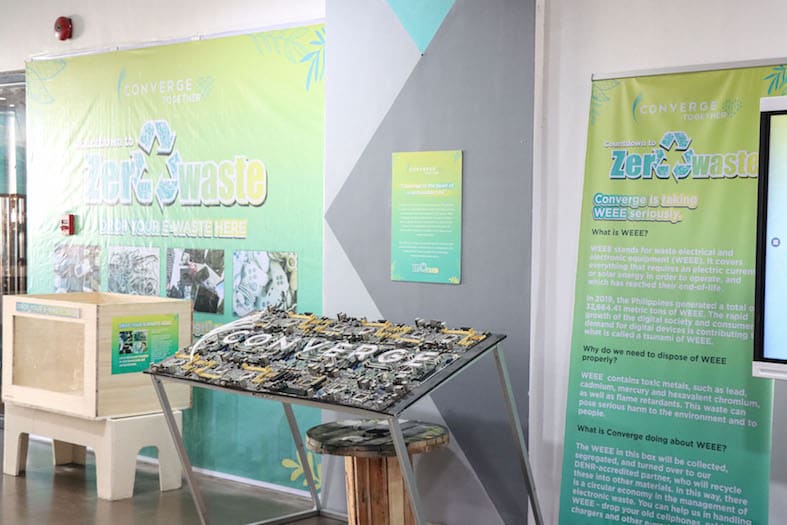SANTO DOMINGO – Twenty-two countries signed a declaration at the Ibero-American Summit in the Dominican Republic on Saturday committing to fight food insecurity in Latin America, improve migration controls and negotiate more financial support for the region’s struggling economies.
The goal is to reach “zero hunger” across Latin America, said Andres Allamand, a former Chilean minister and the current Ibero-American secretary general.
“We have more or less 60 million people who face food security problems. One-third of the food produced in the region is wasted” due to problems in distribution, storage or marketing chains, he added.
But the agreement, made by leaders of the Spanish- and Portuguese-speaking countries of Latin America and Europe, faces serious challenges.
Growth projections for Latin America are below two percent, and the cost of a basic healthy diet is the highest in the world – $3.89 per day per person, compared with $3.19 in North America and Europe.
It is a price that 22.5 percent of the population cannot afford, according to the United Nations.
“Access to healthy food should be a right, not a privilege for a few,” Bolivian President Luis Arce said, stressing the impact of climate change on food production.
Several leaders agreed that more favorable financial support would help countries reduce hunger and fight global warming.
“The Ibero-American countries will work as one bloc to negotiate better conditions,” Dominican Republic President Luis Abinader said.
“We are witnessing an international scenario characterized by high and unsustainable levels of debt that determines the growth of our countries,” said Argentine President Alberto Fernandez, whose country is struggling to emerge from a deep economic crisis.
Chilean President Gabriel Boric, meanwhile, also called for greater coordination in tackling the region’s migration crisis, and Colombian President Gustavo Petro proposed organizing a summit focused specifically on the issue.
Leaders also discussed the need to address the humanitarian crisis in Haiti, where violent gangs have killed around 530 people and kidnapped another 300 since January, according to the UN.
“The international community cannot allow this situation to continue,” said President Abinader, whose country, the Dominican Republic, borders Haiti on the island of Hispaniola.
The summit’s debates were also marked by some heated exchanges.
Boric at one point criticized the “family dictatorship of (Daniel) Ortega and (Rosario) Murillo in Nicaragua.”
“Democracy aside, there is no possibility of freedom or dignity (in Nicaragua),” he said. “We see in the world new risks… we must respond with more democracy, not less.”








